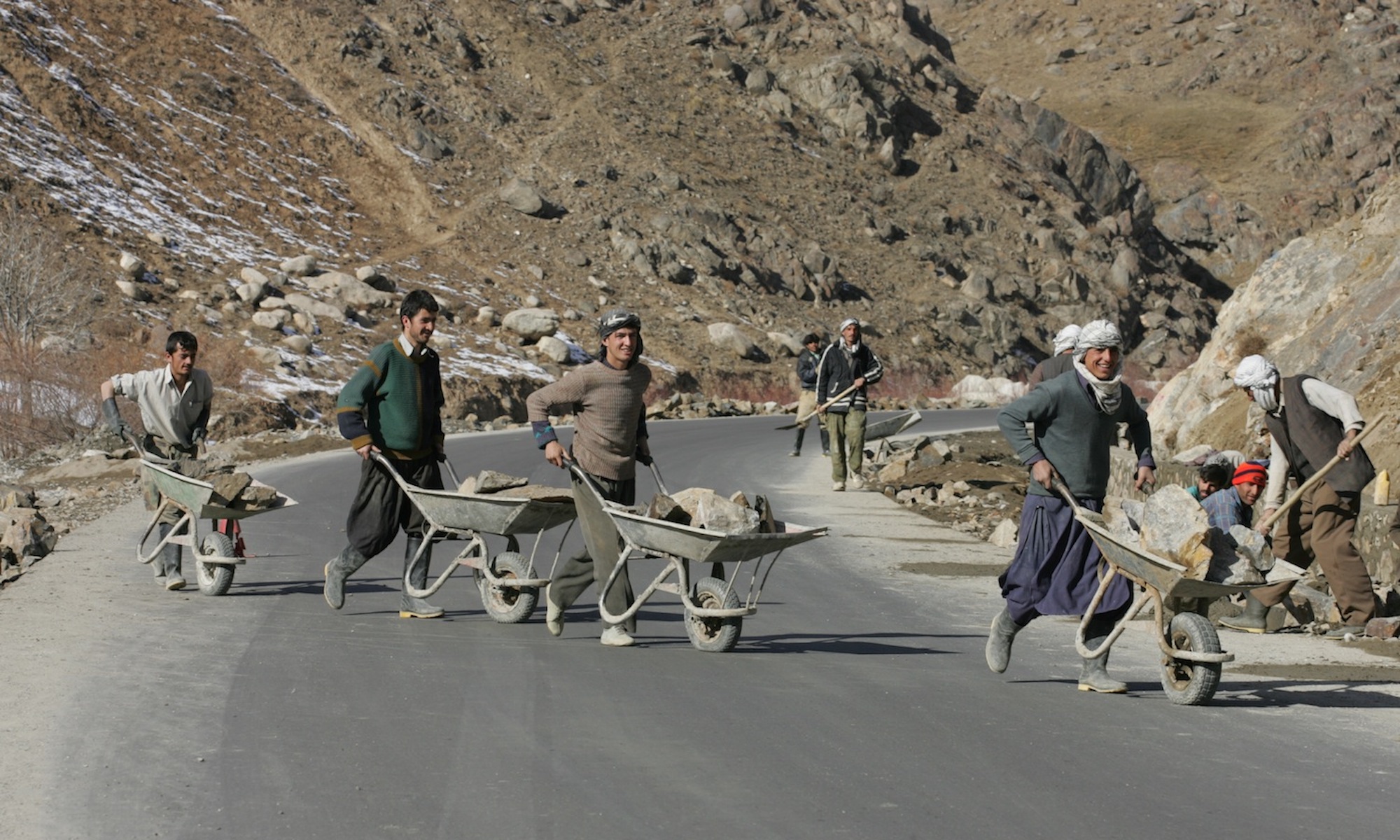Since the fall of the Taliban regime, Afghanistan has become an experiment for the international community in installing democracy from outside. Externally led democratization against rushed timetables and based on formal institutions, however, was not rooted enough in the traditional institutions of Afghanistan and was conducted simultaneously with war fighting, while any benefits from reconstruction were not reaching the people. This article argues that, as a result of this lack of ‘buy-in’, the gap between democratic ideals and the lives of ordinary Afghans is widening, thereby undermining popular support, perhaps for a generation. Seeing Afghans primarily as recipients of, and not the driving force for, democracy, coupled with growing dissatisfaction with progress on economic development, may ultimately provoke popular resistance.

INSCT Postconflict Research Database
The Institute for National Security and Counterterrorism's Postconflict Research Database & Analysis Project stores cross-indexed bibliographic information on hundreds of journal articles, books, book chapters, and case reports that address the broad, interdisciplinary fields of postconflict reconstruction, stabilization, and peacebuilding.
48 Replies to “Playing with Fire? The International Community’s Democratization Experiment in Afghanistan”
Comments are closed.